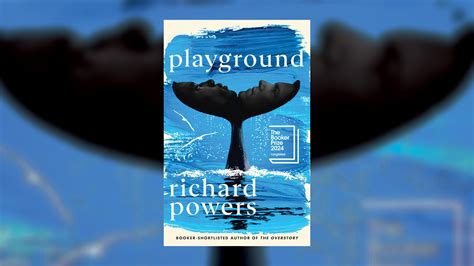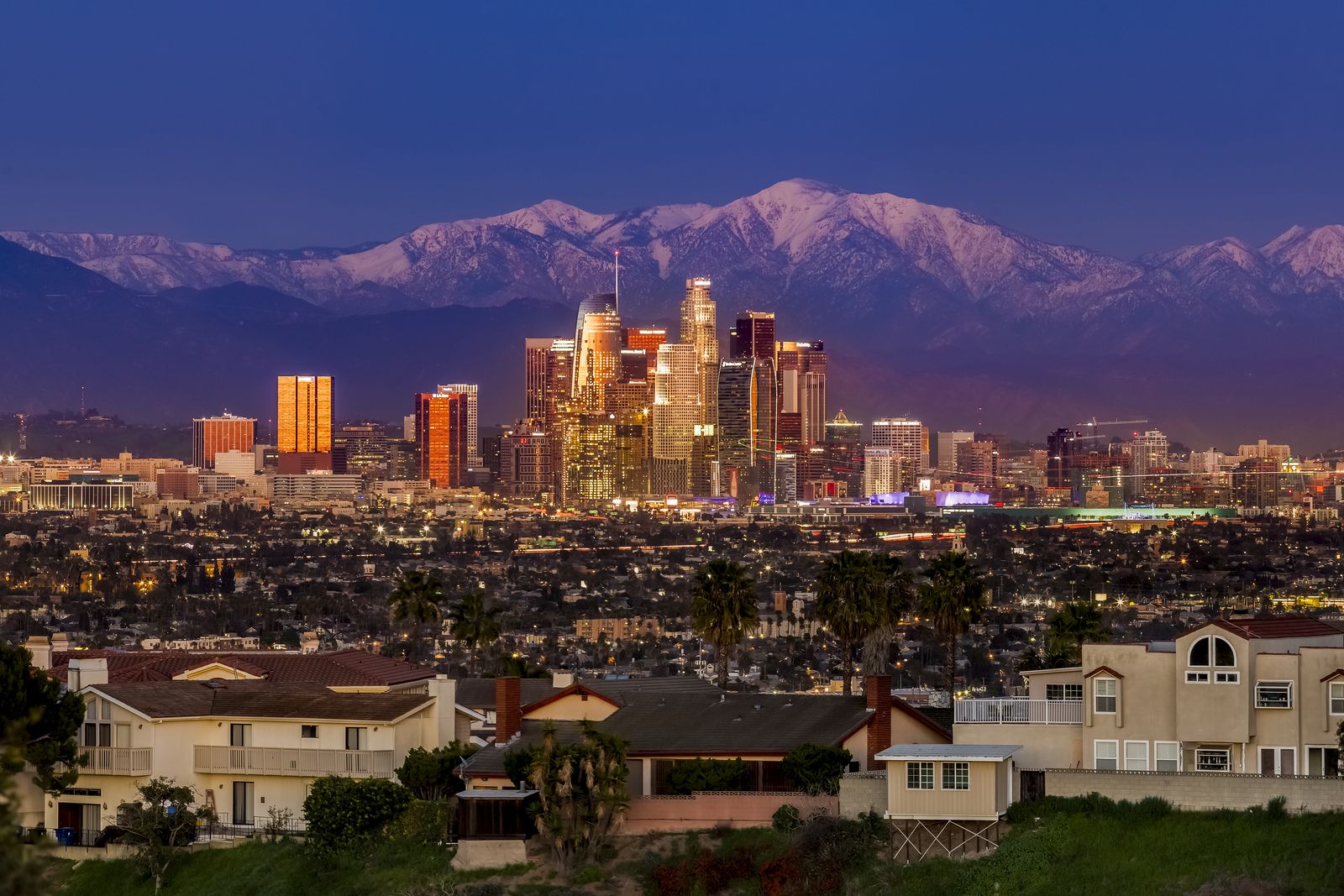The intersection of humanity and the natural world has long been a profound subject of exploration in literature, and few authors have delved as deeply into this realm as Richard Powers. With a career spanning over three decades, Powers has consistently pushed the boundaries of literary fiction, incorporating elements of science, philosophy, and environmentalism into his work. This guide will navigate the complexities of Powers’ exploration of environmental themes, delving into the nuances of his writing and the broader implications of his work.
One of the most striking aspects of Powers’ environmental themes is the way he weaves together multiple narrative threads to create a rich tapestry of human experience. In novels such as “The Overstory” and “The Echo Maker”, Powers employs a diverse cast of characters, each with their own unique perspective on the natural world. Through these characters, Powers explores the intricate relationships between humans and the environment, revealing the complex web of dependencies and interactions that shape our world.
For example, in “The Overstory”, Powers introduces readers to a range of characters, from scientists and activists to loggers and entrepreneurs, each with their own distinct voice and perspective. As the novel unfolds, these characters become embroiled in a struggle to save an ancient forest from destruction, raising questions about the value of nature, the role of human agency, and the consequences of our actions. Through this narrative, Powers illuminates the often-hidden connections between human society and the natural world, highlighting the ways in which our daily choices have far-reaching consequences for the environment.
Powers’ use of scientific and philosophical concepts is another key aspect of his exploration of environmental themes. In novels such as “The Gold Bug Variations” and “Orfeo”, Powers draws on a range of disciplines, from genetics and ecology to music and philosophy, to create a nuanced and multifaceted portrait of the natural world. By incorporating these concepts into his narratives, Powers is able to convey the complexity and wonder of the environment, revealing the intricate patterns and relationships that underlie all living systems.
For instance, in “The Gold Bug Variations”, Powers explores the intersection of genetics and music, using the concept of variation and adaptation to illuminate the intricate relationships between species. Through this narrative, Powers reveals the deep connections between human culture and the natural world, highlighting the ways in which our artistic and scientific endeavors are rooted in the same fundamental principles that govern the environment.
In addition to his use of narrative and scientific concepts, Powers’ exploration of environmental themes is also characterized by a deep sense of historical and cultural context. In novels such as “Gain” and “Plowing the Dark”, Powers delves into the complex and often fraught history of human interaction with the environment, revealing the ways in which our relationships with nature have been shaped by factors such as colonialism, capitalism, and technological advancement.
For example, in “Gain”, Powers explores the history of a fictional corporation, tracing the company’s development from its origins as a small soap manufacturer to its current status as a global conglomerate. Through this narrative, Powers reveals the ways in which human societies have consistently prioritized economic growth and technological progress over environmental sustainability, highlighting the consequences of this approach for the natural world.
As we navigate the complexities of Powers’ environmental themes, it becomes clear that his work is not simply a reflection of contemporary concerns, but rather a profound exploration of the human condition. By examining the intricate relationships between humans and the environment, Powers reveals fundamental aspects of our existence, from the interconnectedness of all living systems to the consequences of our actions.
In conclusion, Richard Powers’ exploration of environmental themes is a rich and multifaceted aspect of his work, reflecting his deep commitment to understanding the complex relationships between humans and the natural world. Through his use of narrative, scientific concepts, and historical context, Powers creates a nuanced and thought-provoking portrait of the environment, highlighting the ways in which our daily choices have far-reaching consequences for the planet. As we consider the implications of Powers’ work, we are reminded of the urgent need for environmental sustainability and the importance of reevaluating our relationships with the natural world.
What are some of the key environmental themes explored in Richard Powers' work?
+Richard Powers' work explores a range of environmental themes, including the intersection of humanity and the natural world, the consequences of human action on the environment, and the importance of sustainability and conservation. His novels often incorporate elements of science, philosophy, and history to create a nuanced and multifaceted portrait of the environment.
How does Powers use narrative to explore environmental themes?
+Powers' use of narrative is a key aspect of his exploration of environmental themes. He often employs a diverse cast of characters, each with their own unique perspective on the natural world, to create a rich tapestry of human experience. Through these characters, Powers reveals the intricate relationships between humans and the environment, highlighting the consequences of our actions and the importance of sustainability.
What role do scientific and philosophical concepts play in Powers' exploration of environmental themes?
+Scientific and philosophical concepts play a significant role in Powers' exploration of environmental themes. He often incorporates elements of genetics, ecology, music, and philosophy into his narratives, using these concepts to convey the complexity and wonder of the natural world. By drawing on a range of disciplines, Powers creates a nuanced and multifaceted portrait of the environment, highlighting the intricate patterns and relationships that underlie all living systems.
In the context of Powers’ work, it is clear that his exploration of environmental themes is not simply a reflection of contemporary concerns, but rather a profound examination of the human condition. As we consider the implications of his work, we are reminded of the urgent need for environmental sustainability and the importance of reevaluating our relationships with the natural world. By examining the intricate relationships between humans and the environment, Powers reveals fundamental aspects of our existence, from the interconnectedness of all living systems to the consequences of our actions.
Through his use of narrative, scientific concepts, and historical context, Powers creates a nuanced and thought-provoking portrait of the environment, highlighting the ways in which our daily choices have far-reaching consequences for the planet. As we navigate the complexities of Powers’ environmental themes, we are reminded of the importance of adopting a more sustainable and environmentally conscious approach to our interactions with the natural world.
In the end, Powers’ work serves as a powerful reminder of the need for environmental sustainability and the importance of reevaluating our relationships with the natural world. By exploring the intricate relationships between humans and the environment, Powers reveals fundamental aspects of our existence, from the interconnectedness of all living systems to the consequences of our actions. As we consider the implications of his work, we are reminded of the urgent need for environmental sustainability and the importance of adopting a more sustainable and environmentally conscious approach to our interactions with the natural world.
Richard Powers' exploration of environmental themes is a testament to the power of literature to shape our understanding of the world and our place within it. Through his use of narrative, scientific concepts, and historical context, Powers creates a nuanced and multifaceted portrait of the environment, highlighting the intricate relationships between humans and the natural world. As we navigate the complexities of his work, we are reminded of the urgent need for environmental sustainability and the importance of reevaluating our relationships with the natural world.
As we reflect on the significance of Powers’ work, it becomes clear that his exploration of environmental themes is not simply a reflection of contemporary concerns, but rather a profound examination of the human condition. By examining the intricate relationships between humans and the environment, Powers reveals fundamental aspects of our existence, from the interconnectedness of all living systems to the consequences of our actions. Through his use of narrative, scientific concepts, and historical context, Powers creates a nuanced and thought-provoking portrait of the environment, highlighting the ways in which our daily choices have far-reaching consequences for the planet.
In the context of Powers’ work, it is clear that his exploration of environmental themes is a powerful reminder of the need for environmental sustainability and the importance of reevaluating our relationships with the natural world. By exploring the intricate relationships between humans and the environment, Powers reveals fundamental aspects of our existence, from the interconnectedness of all living systems to the consequences of our actions. As we consider the implications of his work, we are reminded of the urgent need for environmental sustainability and the importance of adopting a more sustainable and environmentally conscious approach to our interactions with the natural world.
| Novel | Environmental Theme | Scientific Concept |
|---|---|---|
| The Overstory | Conservation and sustainability | Ecology and botany |
| The Gold Bug Variations | Genetics and adaptation | Genetics and music |
| Orfeo | Music and philosophy | Philosophy and ecology |

In conclusion, Richard Powers’ exploration of environmental themes is a rich and multifaceted aspect of his work, reflecting his deep commitment to understanding the complex relationships between humans and the natural world. Through his use of narrative, scientific concepts, and historical context, Powers creates a nuanced and thought-provoking portrait of the environment, highlighting the ways in which our daily choices have far-reaching consequences for the planet. As we consider the implications of his work, we are reminded of the urgent need for environmental sustainability and the importance of reevaluating our relationships with the natural world.
To better understand the environmental themes in Richard Powers' work, follow these steps:
- Read Powers' novels, paying close attention to the ways in which he explores the relationships between humans and the environment.
- Research the scientific and philosophical concepts that underlie Powers' work, including ecology, genetics, music, and philosophy.
- Consider the historical and cultural context of Powers' work, including the ways in which human societies have interacted with the environment over time.
- Reflect on the implications of Powers' work for our understanding of the environment and our place within it, and think critically about the ways in which we can work towards environmental sustainability.
By following these steps and engaging with Powers’ work, we can gain a deeper understanding of the complex relationships between humans and the environment, and develop a more nuanced and thoughtful approach to environmental sustainability. As we navigate the complexities of Powers’ environmental themes, we are reminded of the urgent need for environmental sustainability and the importance of reevaluating our relationships with the natural world.



